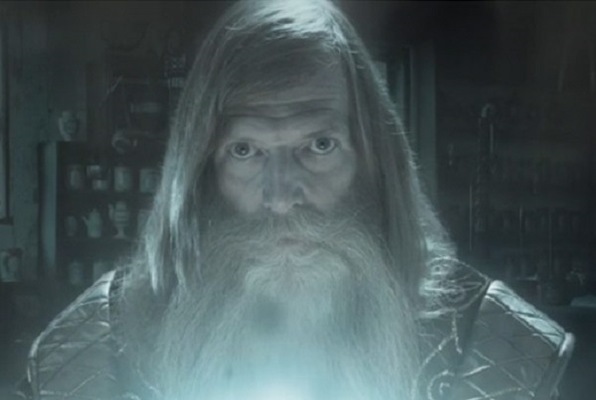

That Half the World Away ended up as the theme tune to beloved sitcom The Royle Family makes sense, and not merely because of their shared Mancunian origins. The combination of the overfamiliarity of their early singles and the workmanlike plod that became Oasis’s default setting means that it’s easy to forget how brattily exciting they seemed on arrival, but you can hear it – and a remarkably youthful-sounding Liam – on the punky, electrifying Fade Away. If Lyla had been a flop single that came out on Bell Records in 1974 by a platform-shod band called something like Thumper or Bumper, it would be acclaimed as a lost junk-shop glam classic by the kind of people who, by the time of its release, wouldn’t give Oasis houseroom. Lyla (2005)Ī great lead single from an otherwise unremarkable album. On Columbia, you can just about see that: a loping dance beat, cyclical guitar grind, a hint of druggy oddness about the lyrics: “What I heard is not what I hear / I can see the signs, but they’re not very clear.” 18. On first arrival, Oasis were occasionally touted in the press as baggy throwbacks influenced by Happy Mondays.

Once again, with Standing on the Shoulder of Giants, you had to examine the accompanying B-sides to find the best songs: Let’s All Make Believe is a low-key delight, the lyrics of which address atheism and – perhaps – the ructions among Oasis’s members. Towards the end of Oasis’s existence, you occasionally got the impression that Noel’s willingness to experiment was doing battle with a desire to give their audience what they expected: there’s a hint of motorik to Shock of the Lightning, a single that recaptured some of their initial insouciance. Subject of a lawsuit that got the Rutles mastermind, Neil Innes, a co-writing credit, Whatever’s melodic borrowing from How Sweet to Be An Idiot doesn’t alter the fact that Oasis’s 1994 Christmas single was a great song in its own right: live, Liam Gallagher added lyrics that highlighted its similarity to Moot the Hoople’s All the Young Dudes. Tucked away on the B-side of D’You Know What I Mean? alongside a dreadful cover of Heroes, Stay Young deserved more prominence: rejected from Be Here Now in favour of the abysmal Magic Pie, it had a beguiling lightness and a melodic touch noticeable by its absence from the album. The lo-fi concluding track of Definitely Maybe is obviously a minor entry in the pantheon of Oasis greats, but Married With Children is worth considering, largely because it is one of the few times the kind of sharpness and wit you get as standard in Noel’s interviews crept into his songs. Going Nowhere (1997)Ī poster of Burt Bacharach was strategically placed on the cover of Definitely Maybe, but his influence on Noel’s songwriting is most evident on this overlooked B-side: you see how the sweetness of its strings and muted horns had no place amid the wilful ugliness of Be Here Now. Twenty years on, its preposterousness seems more charming than it did at the time.
Ipanic vs mastermind escape room Patch#
The coked-out stupidity of Be Here Now in full effect: All Around the World is a great song – a product of Noel’s early songwriting purple patch – that deserved a better fate than being inflated to nine and a half minutes of melodramatic key changes, guitar solos and would-be Hey Jude-esque na-na-na-ing.

Gas Panic! is the exception a troubled, churning depiction of cocaine addiction named after a Tokyo bar.Īll Around the World. Standing on the Shoulder of Giants stripped away the sonic excesses of Be Here Now, but was virtually devoid of memorable songs – at least its predecessor was piquantly daft. Be Here Now (1997)ĭeficient in the songwriting department it may have been, but there are moments where the claustrophobic, clenched-jaw din of Be Here Now works, at least in inasmuch as it literally sounds like the 90s spinning wildly out of control, from the horrible noise that opens it to its finale – which seems to feature someone urinating – the title track fits that bill perfectly. Keeping up the curious habit of putting better songs on B-sides than their albums, the flip of Falling Down borrowed its title from Pink Floyd’s The Wall and its atmosphere from former Floyd frontman Syd Barrett’s disturbing final recordings with the band: it’s authentically spooky and unlike anything else Oasis recorded.


 0 kommentar(er)
0 kommentar(er)
